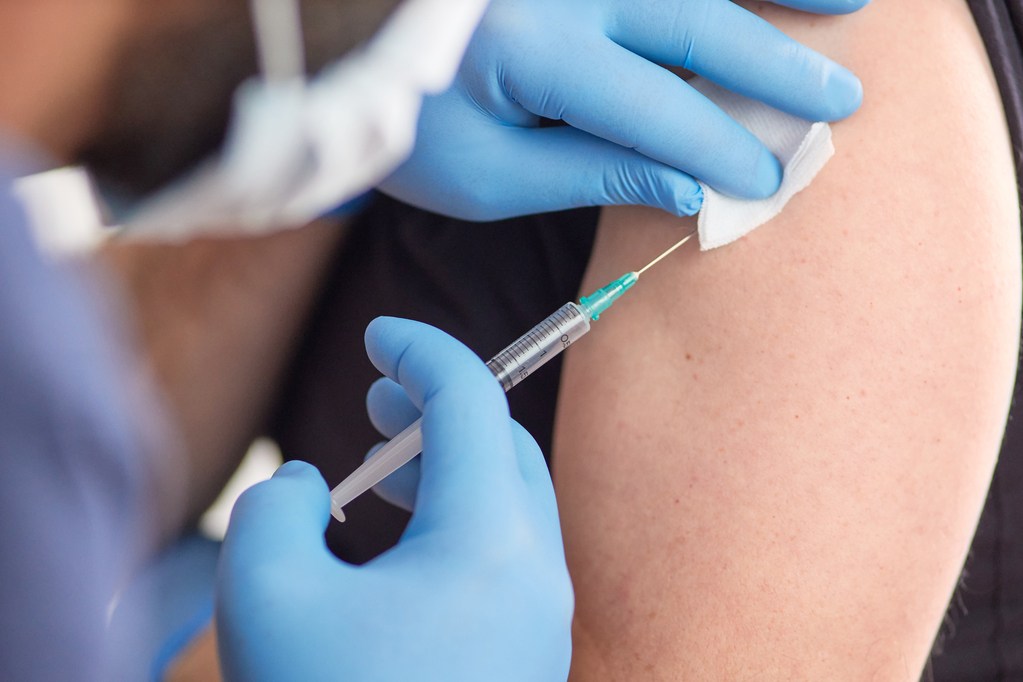The European Commission adopted on Monday a report on the EU Digital Covid Certificate and its implementation across the EU.
According to the report, the EU certificate has been a crucial element in Europe's response to the COVID-19 pandemic, with more than 591 million certificates generated. The certificate, which covers COVID-19 vaccination, test and recovery, facilitates safe travel for citizens and has been key to support Europe's hard-hit tourism industry.
An EU Parliament's Eurobarometer survey showed that about two thirds (65%) of the respondents agreed that the certificate is the safest means for free travel in Europe during the COVID-19 pandemic.
The Commission concludes that the certificate is a success worldwide: it has set a global standard and is currently the only system already in operation at international level. 43 countries across four continents are plugged into the system, and more will follow over the coming weeks and months.
The list of connected countries comprises the 27 EU member states, 3 European Economic Area (EEA) countries (Norway, Iceland, Liechtenstein), Switzerland, and 12 other countries and territories: San Marino, Vatican, North Macedonia, Turkey, Ukraine, Albania, Andorra, Faroe Islands, Israel, Monaco, Morocco and Panama.
The Commission was approached by 60 third countries interested in joining the EU system. Beyond the ones already connected, technical discussions are ongoing with 28 of these countries.
20 EU member states also use the EU Digital COVID Certificate for domestic purposes, such as for the access to large events and restaurants, cinemas and museums, with an additional national legal basis.
The Commission will continue to monitor closely the validity of vaccination and recovery certificates as well as the use of antibody and rapid antigen tests for recovery certificates, and reconsider options once new scientific guidance is received.
Is the expiry date of the vaccination a compulsory data item in the certificates or is it up to the member states to decide on this?
“Vaccination or test certificates don’t indicate an expiry date,” replied a Commission spokesperson. “They provide proof that a medical event, a vaccination or a test for COVID-19, took place at a certain point in time. Recovery certificates, however, will expire at the latest after 180 days.”
Member states may establish the rules as to how long the certificates are accepted, he added. For example, as far as test certificates are concerned, member states may require that PCR/NAAT test results have been obtained not more than 72 hours before arrival and rapid antigen tests not more than 48 hours before arrival.
“It’s up to the member states to provide clear, comprehensive and timely information on all aspects covered by the EU Digital COVID Certificate, also on the validity of the certificate.”
The Brussels Times

